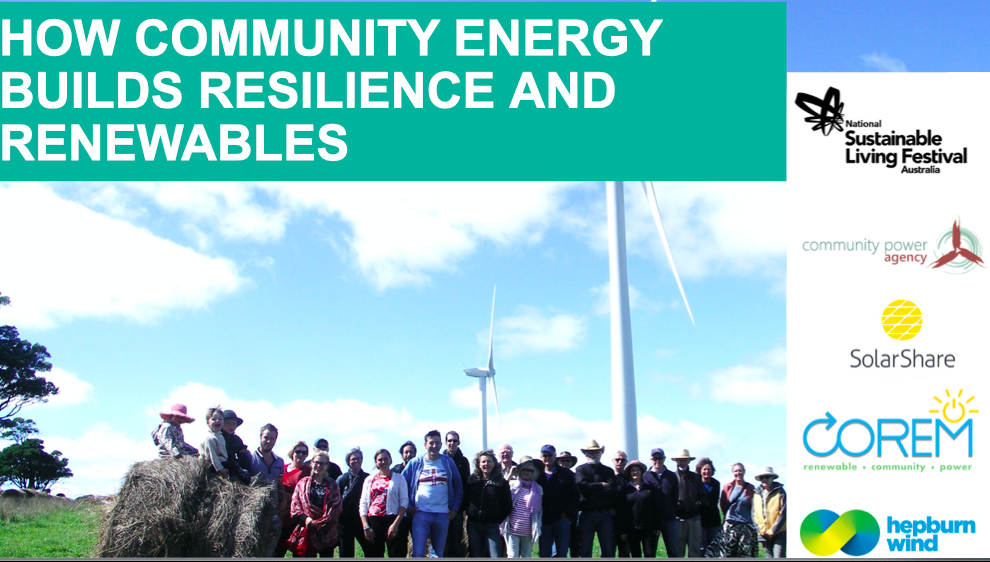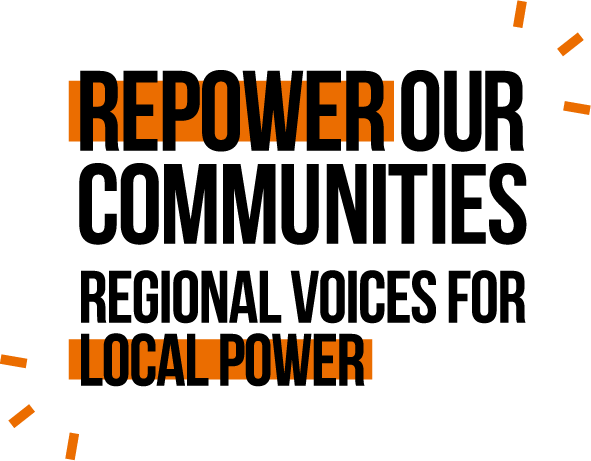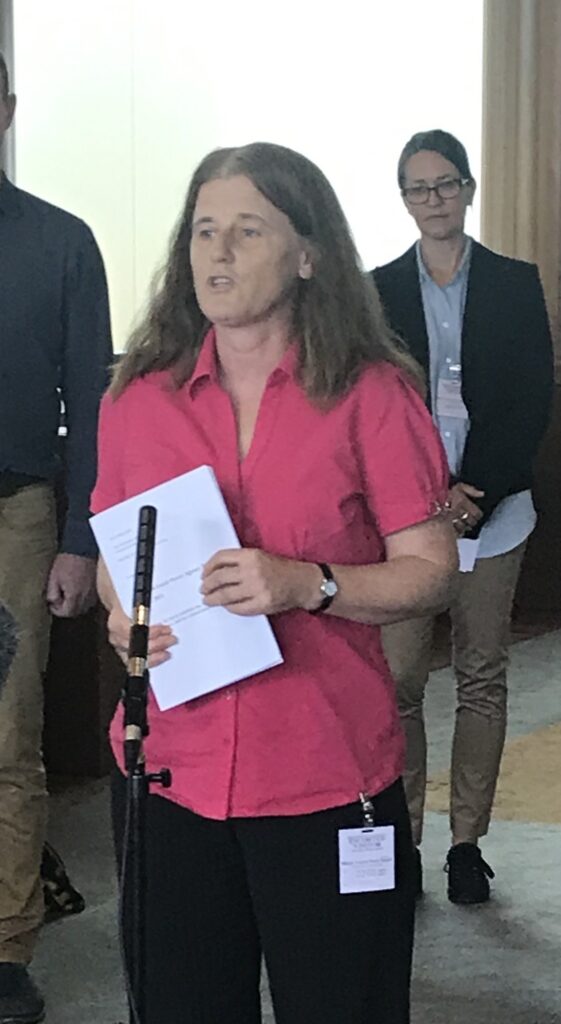A raft of Federal and State MPs and more than 40 Local Government representatives have joined a growing call for the federal government to fund and resource Local Energy Hubs: physical centres with a strong outreach program in renewable energy regions, staffed by trusted local experts.
Community Power Agency, RE-Alliance and Yes2Renewables have joined forces to call on the Federal Government to fund Local Energy Hubs for regional communities in the upcoming Mid-Year Economic and Fiscal Outlook.
In August, the group delivered an open letter signed by more than 40 Local Government representatives to the Federal Minister for Climate Change and Energy, Chris Bowen, calling for investment in Local Energy Hubs to ensure that the shift to renewables leads to meaningful, locally felt benefits.
Late last week, three federal government Illawarra MPs – the Hon Stephen Jones MP, Alison Byrnes MP and Fiona Phillips MP – made the recommendation for ‘community engagement energy hubs’ (the Local Energy Hubs model) as part of their submission to Senate Inquiry into the Offshore Wind Industry Consultation Process.
In May, Federal Member for Indi, Helen Haines MP, called for a network of Local Energy Hubs to create avenues for local participations and build the trust needed in regional communities as part of the shift to renewable energy, as part of a series of amendments to the Government’s Net Zero Economy Authority Bill.
Community Power Agency Director, Dr Jarra Hicks said: “As more and more projects pop up, the more important it is to have people based in regional areas who can see the whole picture, connect the dots, help to amplify the opportunities and reduce the engagement fatigue.”
RE-Alliance National Director, Andrew Bray said: “It’s really exciting to see the level of traction that the concept of Local Energy Hubs is generating. When we speak to communities about the idea of filling a local shopfront with trusted local experts to demystify the shift to renewables – the immediate response is that it’s a no brainer.”
Local Energy Hubs would:
- Provide easy access to information in regional communities by hiring trusted and experienced local experts, across subjects such as renewable energy developments, transmission projects, home electrification and battery storage, electric vehicles and more
- Serve as outreach centres, providing services to support communities in understanding and participating in the shift to renewable energy
- Be a crucial touchpoint for developers, helping to foster trust in communities for their projects through quality communication and engagement.
- Address barriers to the electrification of households, small businesses and farm businesses such as lack of time or quality advice
- Tackle complex challenges like ensuring communities know exactly how to have input into, and benefit from, large-scale projects proposed for their regions.
The following politicians have publicly supported the concept of Local Energy Hubs:
Federal MPs
- The Hon. Stephen Jones MP, Assistant Treasurer, Minister for Financial Services, Member for Whitlam
- Sharon Claydon MP, Deputy Speaker of the House of Representatives, Member for Newcastle
- Alison Byrnes MP, Member for Cunningham
- Fiona Phillips MP, Member for Gilmore
- Dan Repacholi MP, Member for Hunter
- Helen Haines MP, Member for Indi
State MPs
- The Hon. Lily D’Ambrosio MP, Minister for Climate Action, Minister for Energy and Resources, Minister for the State Electricity Commission, Member for Mill Park
- Sheena Watt MP, Parliamentary for Climate Action and Emergency Services, Member for Northern Metropolitan
- Alison Marchant MP, Member for Bellarine
- Tom McIntosh MP, Member for Eastern Victoria
Plus more than 40 Local Government representatives from across Australia.
More information on the Local Energy Hubs model and campaign can be found at: localenergyhubs.org.au.
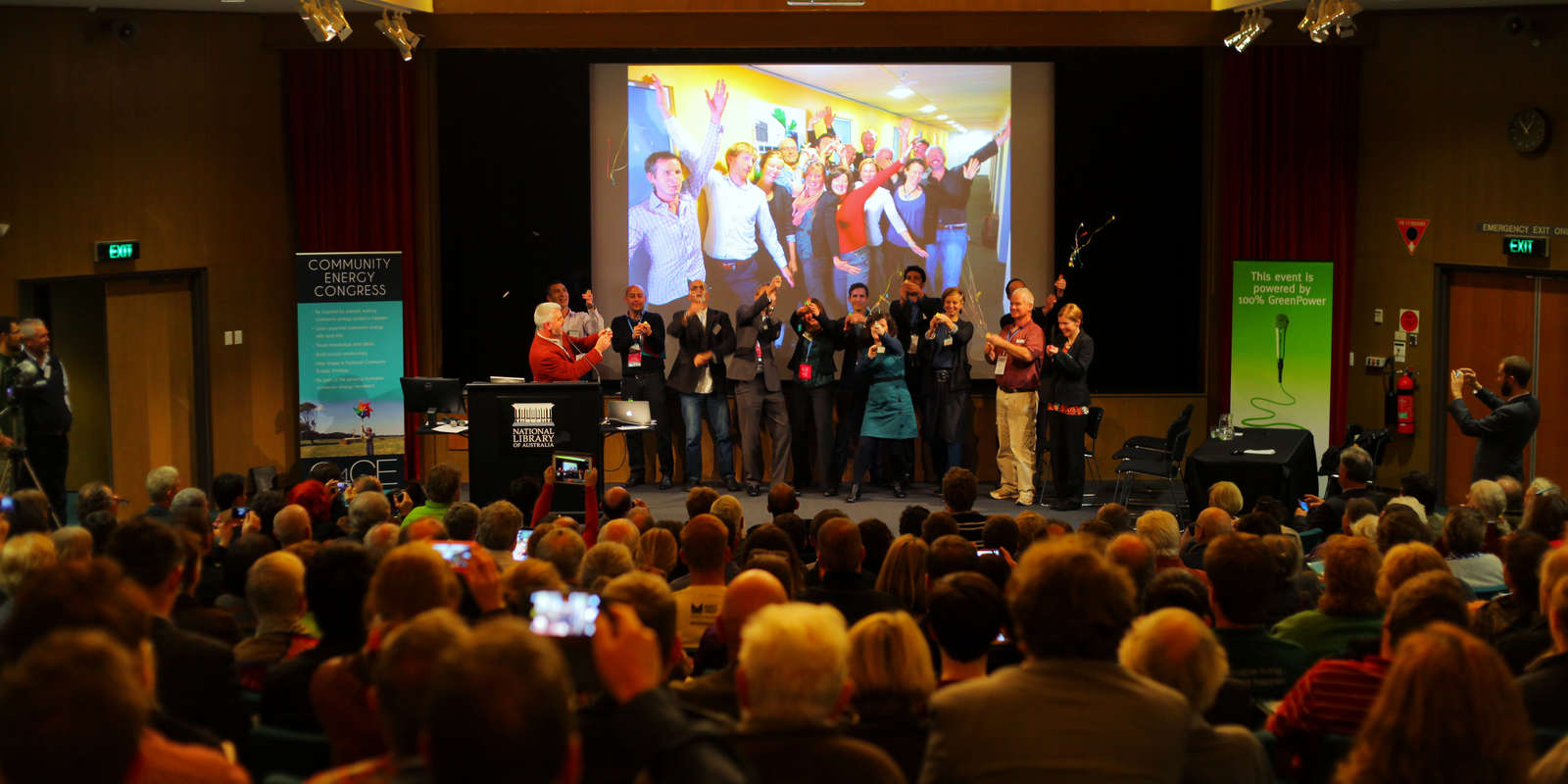
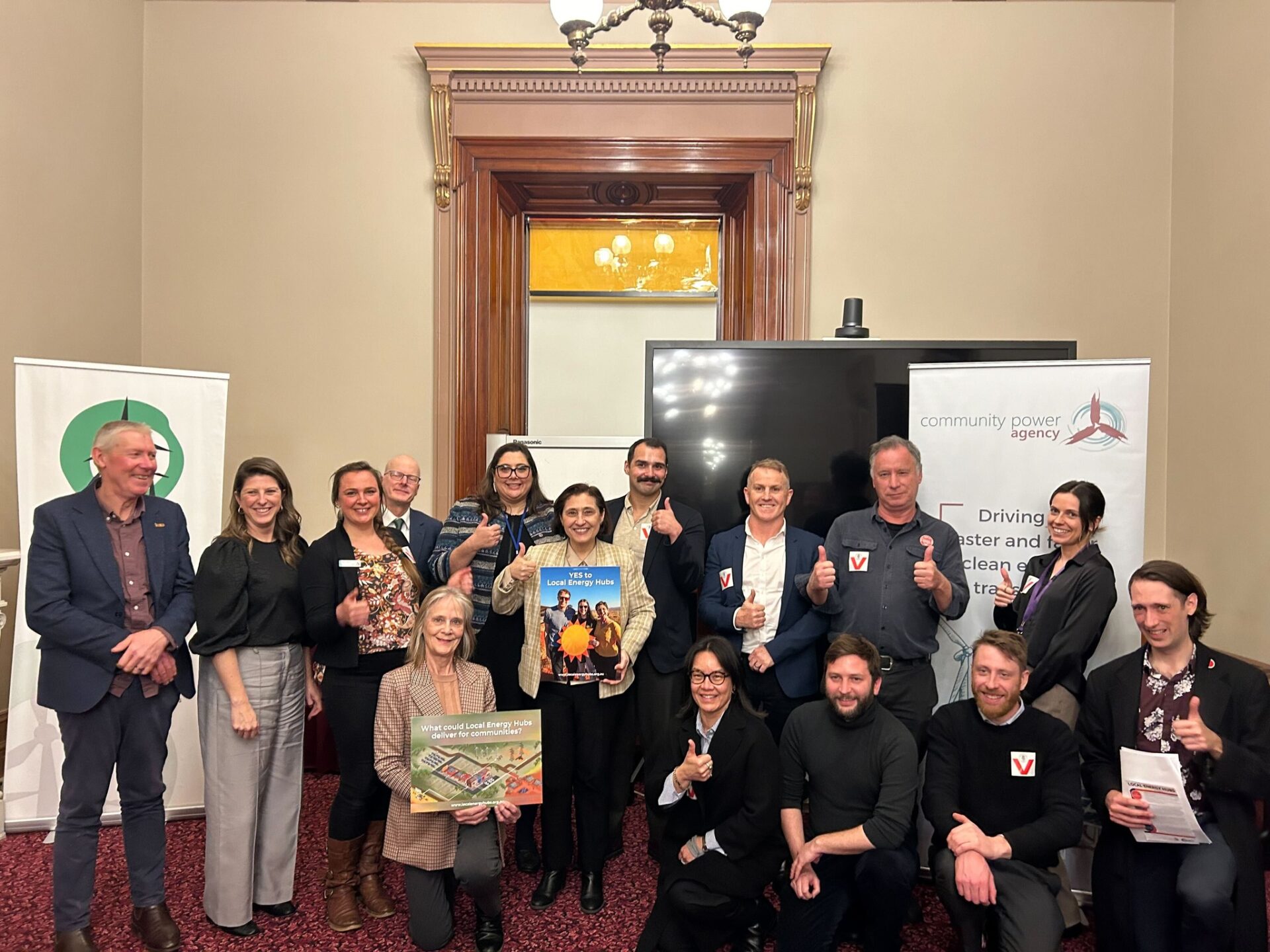
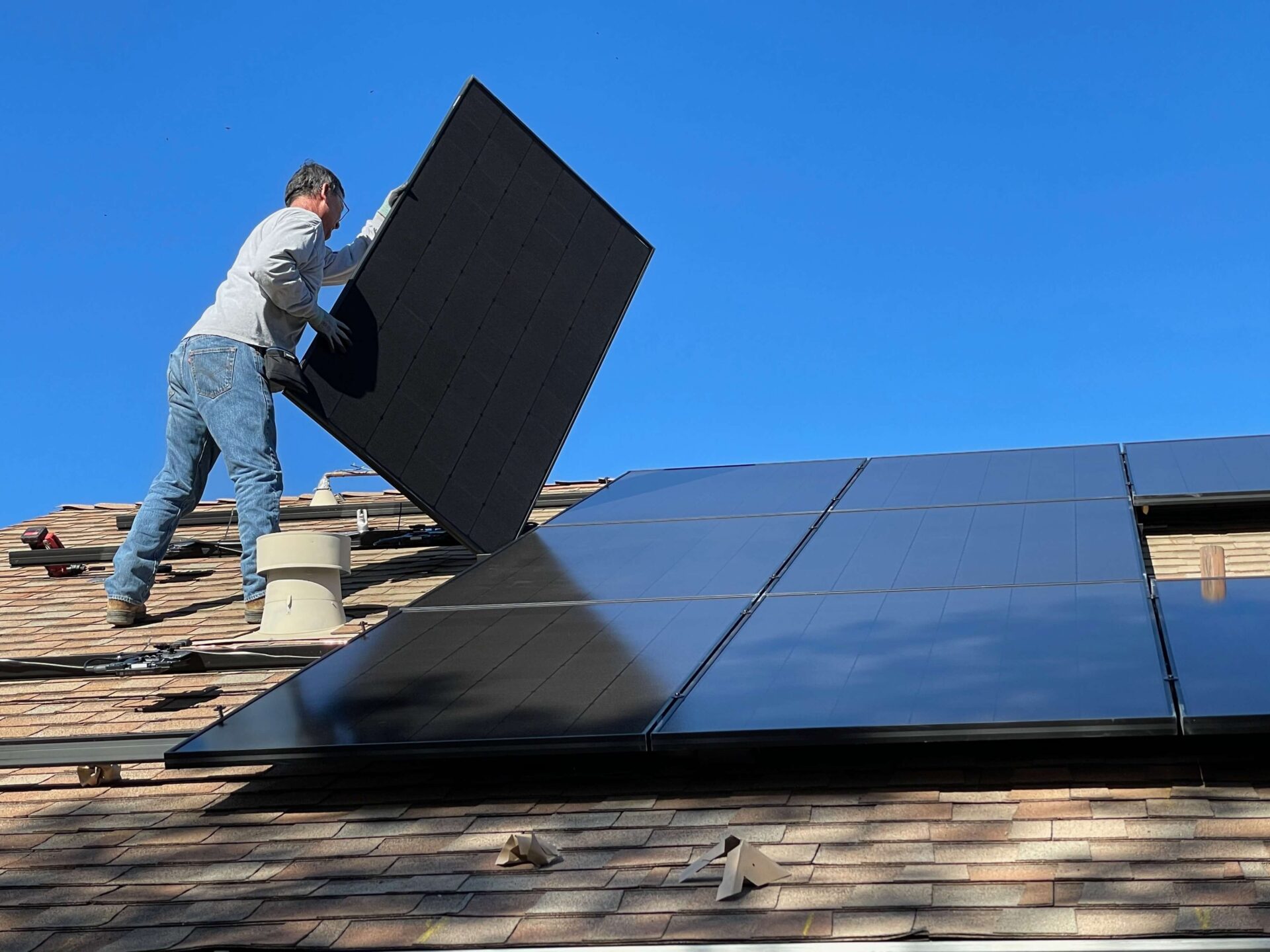
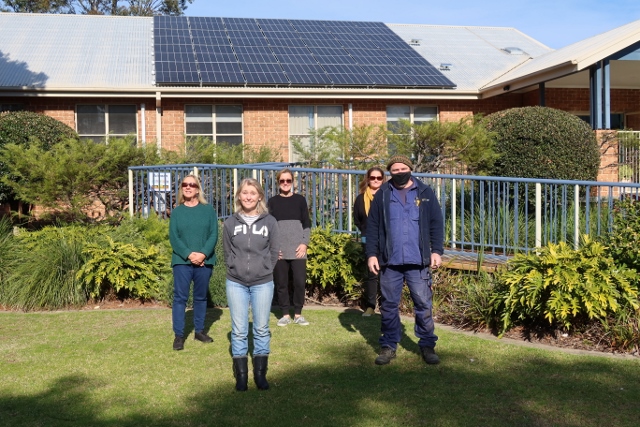
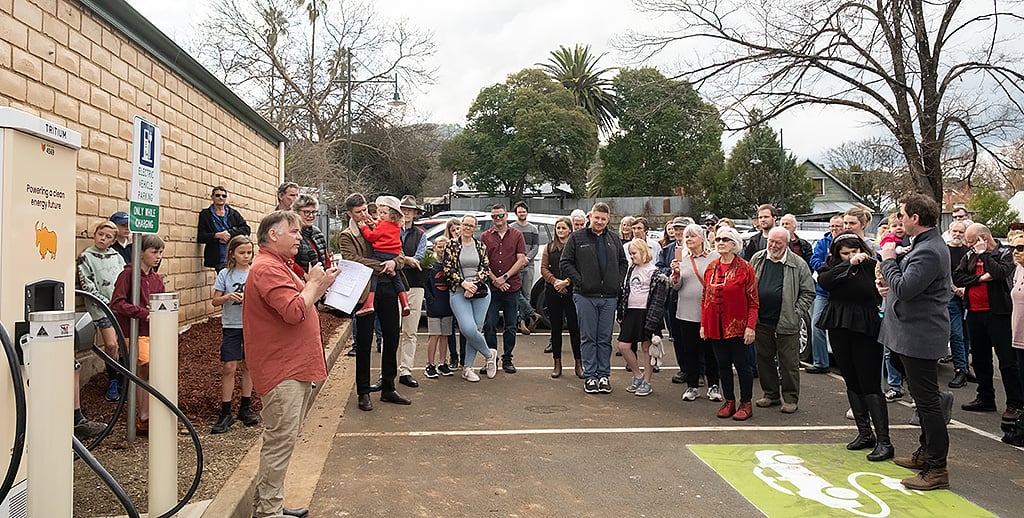
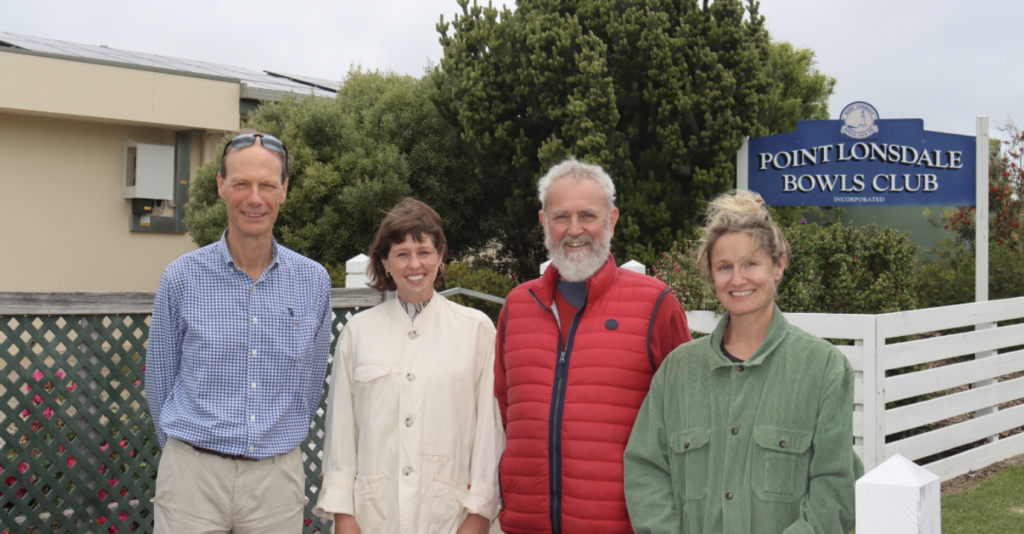
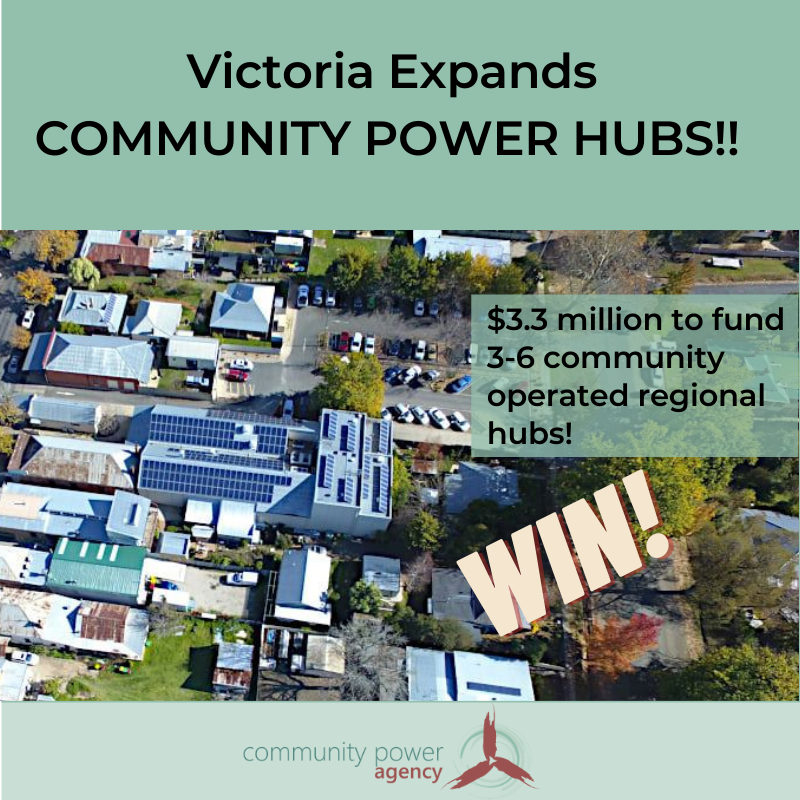
.png)

